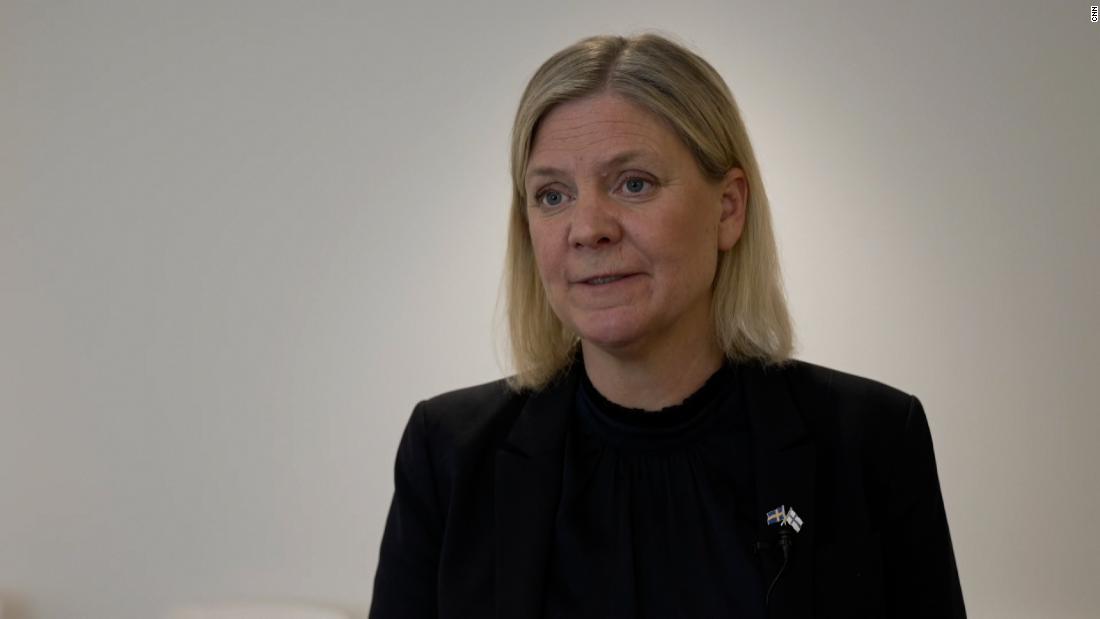Türki̇ye Earthquake 2023 Humanitarian Response Overview, 30 June 2023 – Türkiye
Intersectoral situational analysis
Humanitarian response activities continued in May and June, following the end of the Flash Appeal on 17 May and the deactivation of Inter-Agency Standing Committee (IASC) system-wide scale up on 24 May. With needs anticipated in some circumstances, humanitarian partners continued to complement government efforts, providing targeted assistance to people with critical humanitarian needs. At the end of May, 5.4 million people had received at least one form of humanitarian assistance in the earthquake-affected areas, up from 4 million people reached until end of April.
Additionally, humanitarian organizations provided significant in-kind assistance to the government, leveraging established government relief mechanisms and delivery systems. The increase in the number of people reached from previous reporting is attributable to ongoing humanitarian activities, as well as refinements in the common activity reporting system.
The government has taken steps to organize temporary sites for those with damaged homes, with efforts focused on reducing the number of informal and formal tented sites and transitioning towards container sites. Humanitarian partners are attempting to plan and support as information on relocations becomes available; through provincial authorities, by observations of relocations, or by requests from authorities to improve services or infrastructure in destination sites. Partners are also continuing to assist self-settled families still living in tents in poorly serviced informal sites.The number of applications for rental assistance has exceeded requests for containers, according to the government.
While there has been a high degree of compliance by populations that have been relocated, there has been reluctance by some, for reasons including proximity to livelihoods; availability of services and infrastructure in destination sites; potential family or community separation; reluctance to abandon their homes and possessions (regardless of their condition); a lack of certainty about whether multiple relocations will be required; lack of information in general; and concerns about freedom of movement.
Some populations are having difficulty renting properties, are contesting the damage designation of homes classified as “no/low” damage (thereby determining types of government assistance provided), or are concerned about returning to homes due to continuing aftershocks. Shelter partners are assisting with decongestion of informal tent settlements by programming a range of assistance options (repairs to light damaged dwellings, cash assistance, provision of container/relief housing units) focusing on assisting the most vulnerable households that have little or no access to resources or services and very limited capacity to self-recover.
Site improvements in formal tent settlements where transfers are ongoing, including those accommodating refugees, must be made to improve access to key onsite services such as water, and sanitation, electricity, waste collection and protection assistance, and to ensure that services and assistance meet agreed minimum standards.
Currently, there is a limited number of safe spaces for children and women and girls, as well as specialized individual protection interventions including cash for protection. The high risk of early and forced marriages and increasingly high rates of adolescent girls’ school dropout rates cause challenges in early prevention of cases and provision of specialized protection services. Adapted facilities and services for older people and people with disabilities are very limited, especially for the persons living in the informal sites.
There are reports by partners of increased inter-communal tensions, increased risks of violence against women and girls due to lack of privacy in tented settlements, deteriorating mental health, and health challenges posed by increasingly hot weather, including dehydration and snake bites.
There is a need for housing, land and property legal support, augmented by uncertainty around the informal sites relocation process, as well as available options for refugees.
Timely information and transparency around relocation processes are needed, to provide accountability to affected communities and to ensure that no one is left behind during this transitional phase, in which, for many, humanitarian needs persist. OCHA continues to engage with the government to ensure further clarity of information.
Disclaimer
- UN Office for the Coordination of Humanitarian Affairs
- To learn more about OCHA’s activities, please visit



